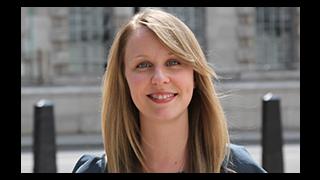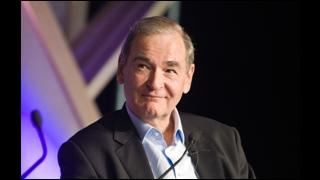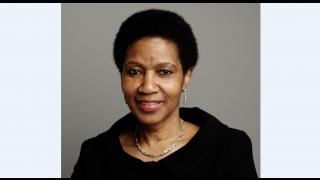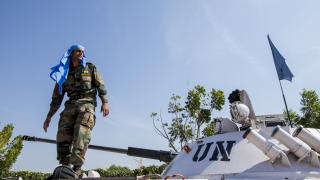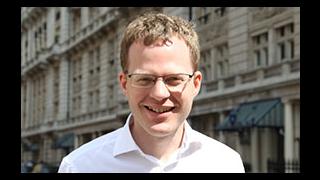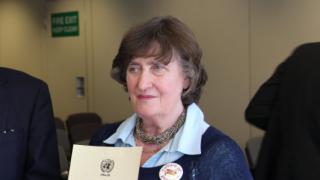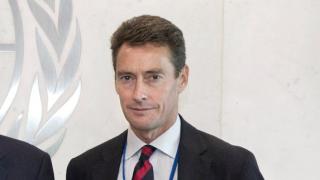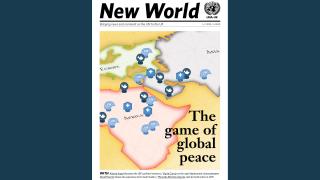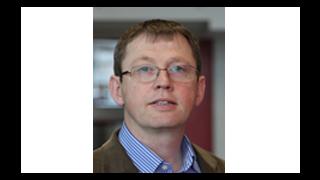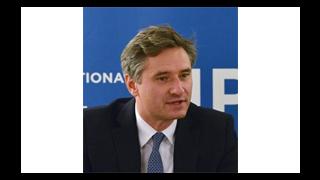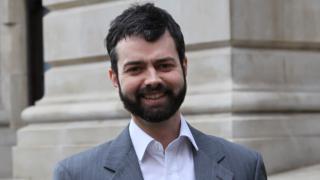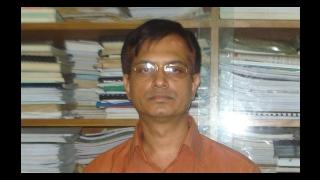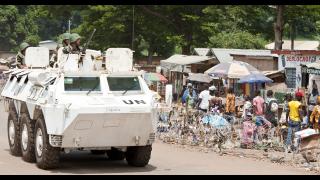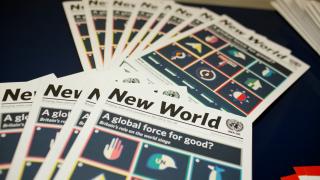
The prevention of conflicts through the means of the UN Secretary-General’s good offices has been a core task of the UN since its founding in 1945. Seventy years on, the Organization has a wider range of preventive diplomacy tools at its disposal than ever before. Since 2006, the UN has also professionalised these activities through the establishment of the Mediation Support Unit which, among other things, provides support and advice to envoys in the field and manages a standby team of mediation experts deployable anywhere in the world within 72 hours.
At the forefront of the UN’s preventive diplomacy efforts are civilian-led special political missions that include 12 envoys and mediators and 11 field-based missions, including 3 regional offices. The mandated tasks, scope and size of political missions can range widely – from a single envoy with a small support team focusing on a specific conflict, such as the Special Envoy to Syria, to large-scale government assistance missions, such as the UN Assistance Mission in Afghanistan, which has a staff of over 1,500. Regional political offices assist member countries to find political solutions to problems with potential cross-border implications, strengthening their conflict prevention capacities. In addition, multidimensional peacekeeping operations have important conflict prevention functions, with some engaging in mediation processes.
In countries where the UN has no political or peacekeeping presence, the UN’s funds, programmes and agencies are further tools for conflict prevention efforts, though their preventive diplomacy functions are limited as they lack specific political mandates. These actors can provide early warning and take swift action as first responders to political tensions. In countries of the 'Arab Spring', for example, UN Country Teams (UNCTs) provided support to dialogue initiatives and offered technical advice on transition processes. Under a joint initiative of the UN Development Programme and Department of Political Affairs, Peace and Development Advisors can be deployed to enhance the UNCTs’ role in these support functions.
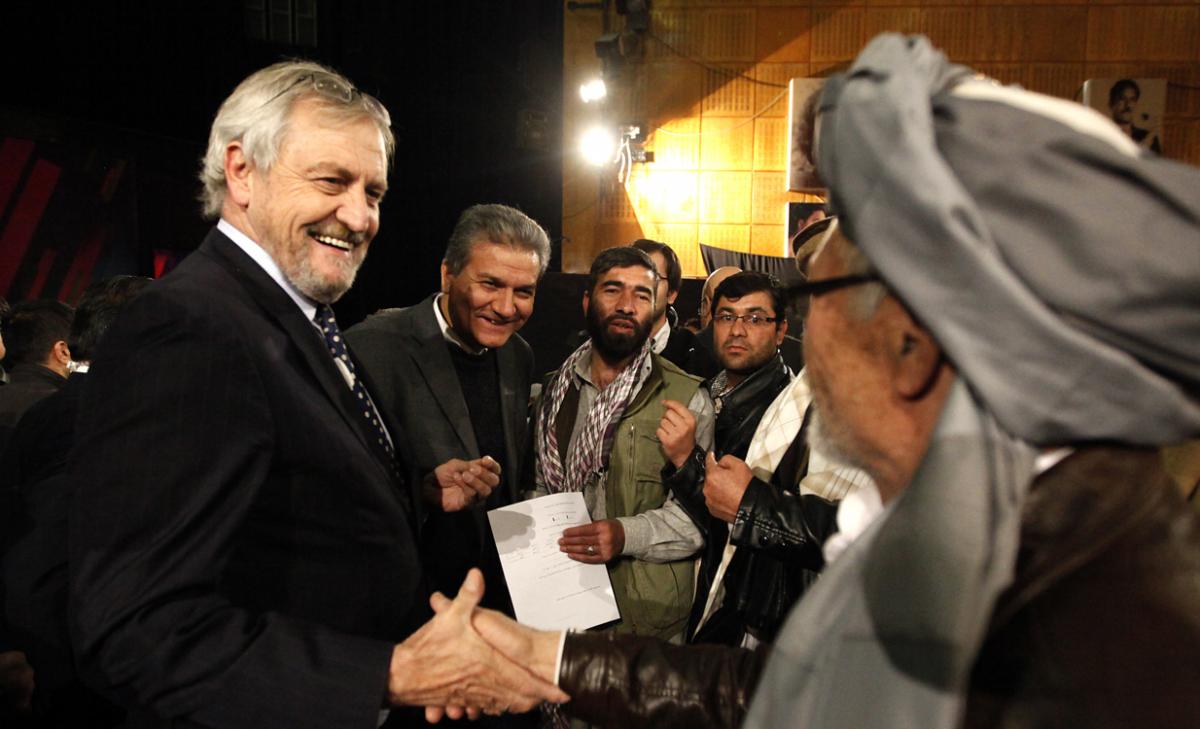
Despite the UN’s variety of preventive diplomacy tools and strengthened conflict prevention capacity, problems remain. The outbreak of violence in the Central African Republic in December 2012 and the military coup in Guinea-Bissau earlier the same year, despite the presence of UN political missions in both countries, illustrate persistent weaknesses of early warning mechanisms. Political analysis, assessment and reporting have to be enhanced and communication between the field and the UN Secretariat improved, so as to fully utilise the UN system’s early warning and response capacity.
However, the UN Secretariat has stated that a far greater challenge than early warning is early action. Indeed, countries continue to be reluctant to make use of the UN’s mediation services out of fear that internal problems, as part of the UN Security Council’s agenda, will be subject to increased scrutiny. Concerns around sovereignty make it difficult for the UN to find early entry points to intra-state conflicts at a time when these types of conflicts are becoming increasingly common. Thus, while UN member states have shown an increased interest in conflict prevention, many remain hesitant to provide the necessary political space for early engagement.
There are two further problems in the Security Council that hinder swift action: political divisiveness within the Council itself and disagreement over when and how prevention measures should be put into practice. The Council plays a key role in both strengthening the UN’s conflict prevention measures and in taking early action to prevent conflict from occurring or reigniting, but it has to improve on both fronts. From Syria to Ukraine to Libya and South Sudan, there are many examples of where the Council has failed to take timely and sufficient action to prevent the outbreak or escalation of a crisis.
In August 2014, the Council, under the UK presidency, passed a resolution underlining its commitment “to make greater and more effective use” of the Organization’s conflict prevention tools, including preventive diplomacy. While this is an acknowledgment of past shortcomings of sorts, it remains to be seen if the Council will take sufficient action in the future. The major report by the UN High-Level Independent Panel on Peace Operations and the Secretary-General’s report on conflict prevention, both forthcoming in 2015, will provide the Council and the wider membership with the opportunity to further strengthen the UN’s conflict prevention capacity and commit to early and effective action.
Alischa Kugel is a Senior Program Officer at the Center on International Cooperation, New York University and formerly worked as Policy Analyst at the UN Liaison Office of the Friedrich Ebert Stiftung
Photo: Nicholas Haysom, head of the United Nations Assistance Mission in Afghanistan, stressed the world body’s commitment to the country during a televised debate with Afghan audiences. © UN Photo/Fardin Waezi

